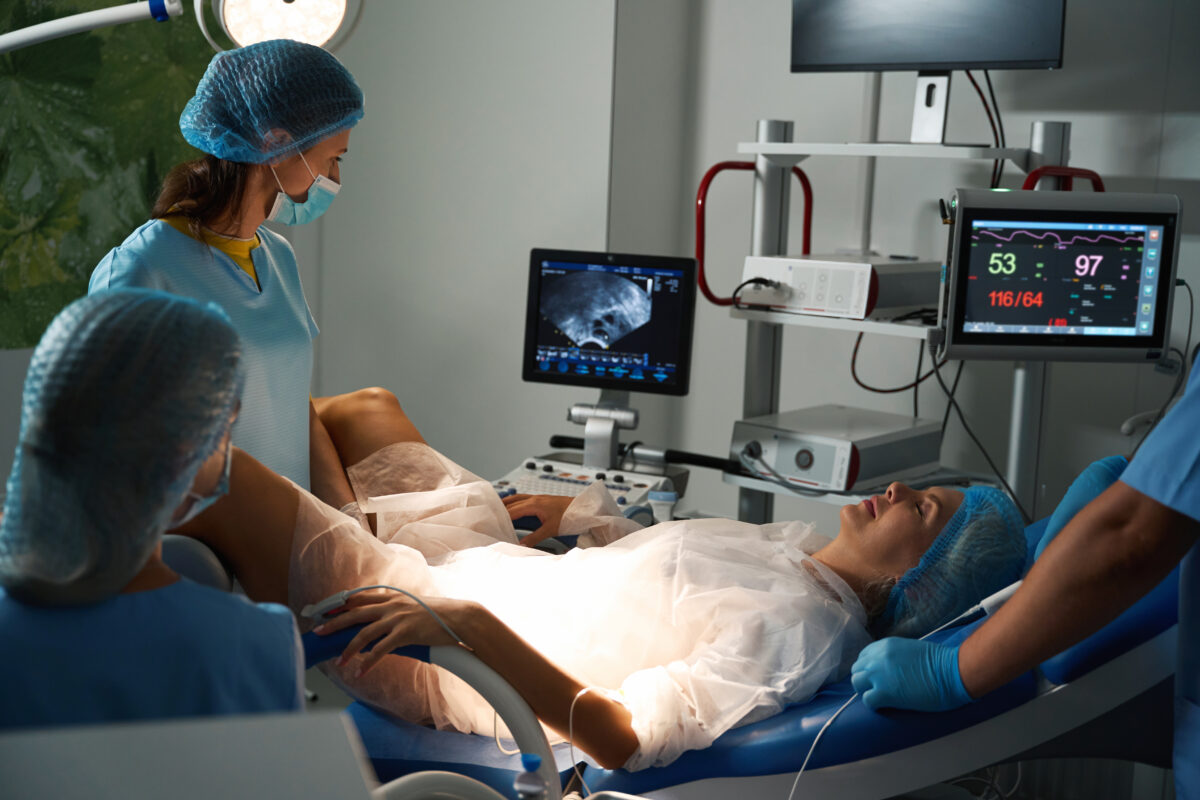When looking to have a baby, many factors can influence the path to conception. For some people, autoimmune diseases can be one of the difficulties to overcome, as they disrupt the normal functioning of the body.
Autoimmune diseases are conditions in which the immune system mistakenly “attacks” healthy cells and tissues in the body, which generates a series of complications in general, and, in particular, in fertility.
This condition affects both men and women, but its impact on the female reproductive system can be more complex due to the influence they have on hormone levels and the functioning of the reproductive organs. Women living with these diseases may experience additional difficulties when trying to conceive, however, it is important to recognize that with proper treatment, it is possible to achieve pregnancy.
The challenge for those who suffer from any of these conditions lies in the alteration of the hormonal balance. Autoimmune diseases can affect key organs such as the ovaries, thyroid, uterus, and more, making the reproductive process difficult. It is critical to understand that each autoimmune disease has a unique effect on the body, so the approach to treating infertility in these individuals must be carefully personalized.
In the context of fertility, not all autoimmune diseases have the same impact, so it’s crucial to know how each can interfere with the ability to conceive. Below, we explore some of the most common autoimmune diseases and their relationship to fertility, always remembering that early diagnosis and proper treatment can significantly improve the chances of pregnancy.
Autoimmune diseases and fertility: how are they related?

As we mentioned earlier, the effect of autoimmune diseases on fertility is related to the impact they have on hormonal balance. Hormones play a crucial role in regulating the menstrual cycle, ovulation, and the body’s ability to carry a pregnancy. Autoimmune diseases can upset this balance, making conceiving more challenging.
Lupus and its impact on fertility
Systemic lupus erythematosus (SLE) is an autoimmune disease that can affect several organs in the body, including the kidneys, heart, and sometimes reproductive organs. Women with lupus are at higher risk of experiencing complications during pregnancy, such as preeclampsia or preterm birth. However, with proper management of the disease and control of inflammatory activity, many women with lupus are able to carry on a healthy pregnancy.
Lupus can also affect fertility indirectly. Some studies suggest that antibodies generated by this disease may interfere with the implantation of the embryo in the uterus. Despite these challenges, with the right approach, women with lupus may be able to conceive and carry a pregnancy successfully.
Rheumatoid arthritis: the influence on fertility
Rheumatoid arthritis is another autoimmune disease that can have an impact on female fertility. This disease causes inflammation in the joints, but it can also affect other body systems, including the glands that produce reproductive hormones. Although rheumatoid arthritis does not usually cause direct infertility, treatments used to manage the disease, such as immunosuppressive medications, can interfere with hormonal function, ovulation, and ovarian reserve.
It is important to note that proper control of the disease, through medications and personalized therapies, can improve the chances of pregnancy in women with rheumatoid arthritis.
Celiac disease: the effect on fertility
Celiac disease is an autoimmune disease that affects the digestive system, but its repercussions can also extend to the reproductive system. People with celiac disease have an immune response to the protein gluten, which causes damage to the small intestine. This intestinal damage can interfere with the absorption of essential nutrients, which in turn can affect fertility. In addition, women with untreated celiac disease may be at higher risk for pregnancy complications, such as miscarriages.
As with other autoimmune diseases, a strict gluten-free diet and proper management of the disease can improve the chances of conceiving and carrying out a healthy pregnancy.
Thyroid diseases: a relevant factor
Autoimmune thyroid diseases, such as Hashimoto’s disease (hypothyroidism) and Graves’ disease (hyperthyroidism), also have a considerable impact on fertility. In both cases, the immune system attacks the thyroid, leading to an imbalance in hormone levels that regulates the menstrual cycle and ovulation. Women with autoimmune thyroid disorders may experience irregular menstrual cycles, making it difficult to conceive.
However, once hormone levels are stabilized through proper treatment, fertility can improve significantly. It is essential for women with thyroid problems to work closely with their medical team to ensure that their hormone levels remain within normal ranges, which will make pregnancy easier.
Epilepsy: a factor to consider in fertility
Epilepsy, while not always considered in the same category as other autoimmune diseases, can have a significant impact on women’s fertility. Some studies suggest that anticonvulsants used to control seizures may affect ovulation and fertility. In addition, women with epilepsy may be more prone to hormonal problems that affect the menstrual cycle.
However, with proper treatment and control of epilepsy, many women manage to conceive without major difficulties. It is essential to work with a medical team that oversees both anti-seizure treatment and reproductive health.
Is it possible to conceive with autoimmune diseases?
Yes. While autoimmune diseases can complicate the conception process, it doesn’t mean that fertility is necessarily lost. With proper treatment, disease control, and specialized medical care, many women are able to conceive and carry a pregnancy. Assisted reproductive techniques, such as in vitro fertilization (IVF), can also be an effective option for women who face difficulties conceiving due to these conditions.
Autoimmune diseases can present additional challenges for women who want to have children, but with early diagnosis and proper management of the condition, the chances of conceiving and carrying out a healthy pregnancy can be greatly improved. Medical support and appropriate treatments are essential in this process. At Fertivida, we understand the unique challenges women with autoimmune diseases face on their journey to motherhood, and we are committed to providing a comprehensive and personalized approach to each case.





